I have been reading some docs, but would appreciate your inputs on this. This mightn't be the perfect place to post it here, but hopefully, I can still get some lights on this.
We read the following in the solana docs.
In Proof of Work consensus, these block times need to be very large (~10 minutes) to minimize the odds of multiple validators producing a new valid block at the same time. There's no such constraint in Proof of Stake consensus, but without reliable timestamps, a validator cannot determine the order of incoming blocks. The popular workaround is to tag each block with a wallclock timestamp. Because of clock drift and variance in network latencies, the timestamp is only accurate within an hour or two. To workaround the workaround, these systems lengthen block times to provide reasonable certainty that the median timestamp on each block is always increasing.
Let's quickly discuss BTC's proof of work. Block time is 10m, and it's mostly this much so that two blocks can not be solved at the same time. Even that, there's still a chance this could happen, if so, one of the blocks will be discarded and another one will be added. Now, chance is nodes don't know which block they should add to their chain, but I guess, whichever gets propagated first to them, they add that. Solana calls this a problem, but we know that block headers include timestamp, but turns out this timestamp can't be trusted in the matter of seconds. For ethereum, (correct me if I am wrong, but since this can be changed by miners - by 10 second currently), 10 seconds is still much and really can't detect which one was solved first).
So, For solana as they describe, It's a huge problem that when node receives 2 blocks at the same time, it doesn't know which one was solved first and one block gets discarded while there's a chance that second one should have gotten discarded.
Q1: Am I right what I explained is the actual problem here ?
There're also some other proof of stake blockchains that have block time really small(1-2 sec) and if so, validators producing 2 blocks at the same time can happen really often. In that case, we can't still trust timestamp on the headers - So I guess, here happens the same thing that blockA that was produced before blockB by 800ms earlier, might be discarded even though it's actually really unfair.
Q2: Am I right assessing the actual problem here ?
Solana now comes in and solves the problem where when 2 blocks get produced at the same time, it somehow does a great logic determining which one happened first and which one the second and solves that unfair problem mentioned above.
Q3: Is my assessment about what solana solves correct ?

You can get bonuses upto $100 FREE BONUS when you:
💰 Install these recommended apps:
💲 SocialGood - 100% Crypto Back on Everyday Shopping
💲 xPortal - The DeFi For The Next Billion
💲 CryptoTab Browser - Lightweight, fast, and ready to mine!
💰 Register on these recommended exchanges:
🟡 Binance🟡 Bitfinex🟡 Bitmart🟡 Bittrex🟡 Bitget
🟡 CoinEx🟡 Crypto.com🟡 Gate.io🟡 Huobi🟡 Kucoin.
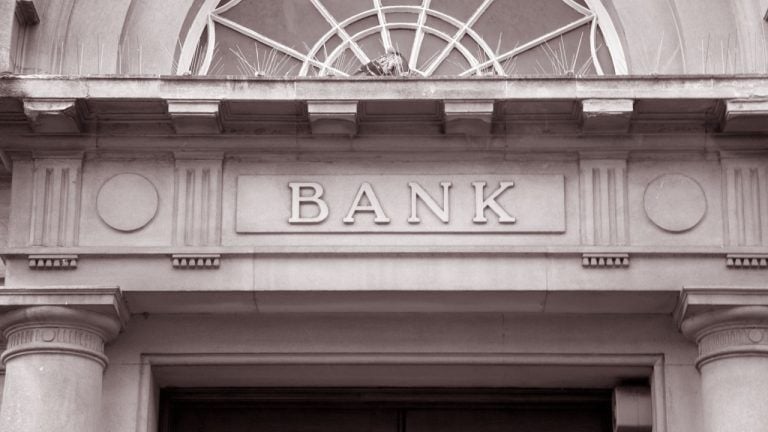

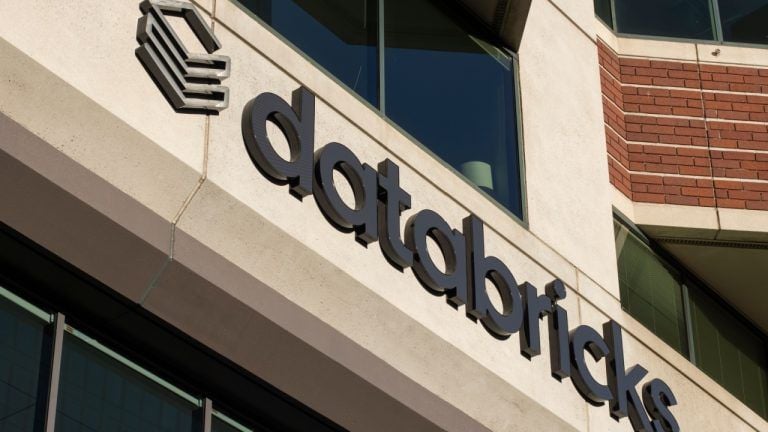

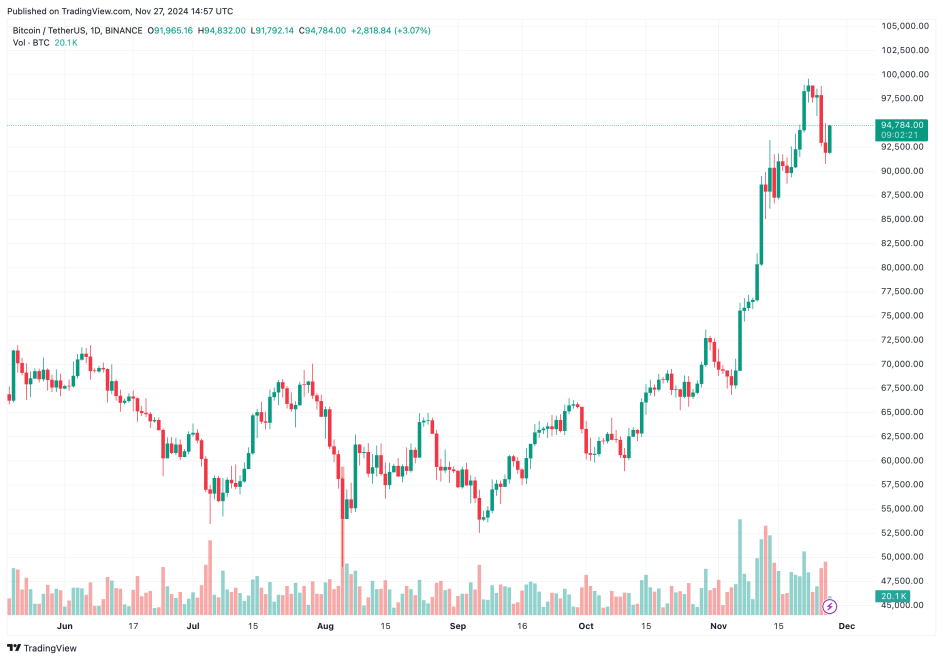




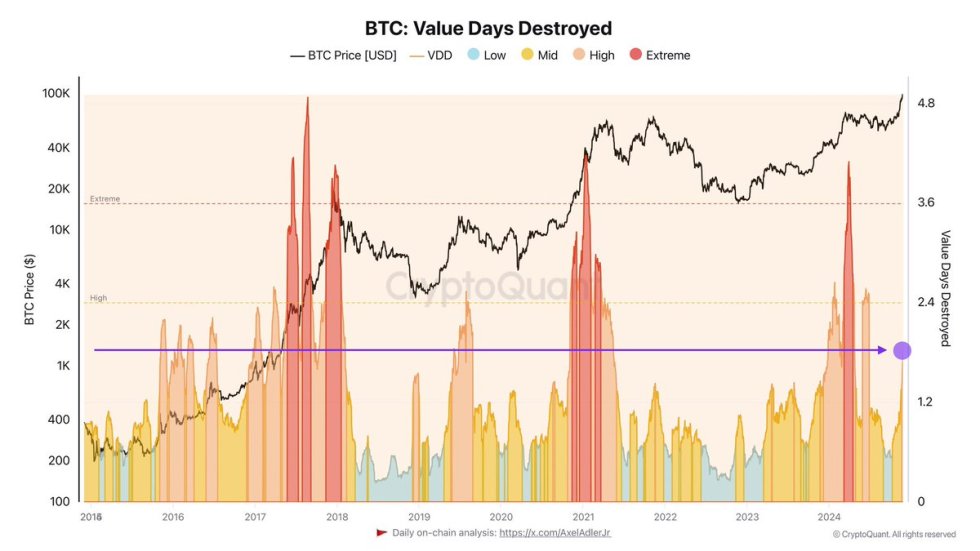
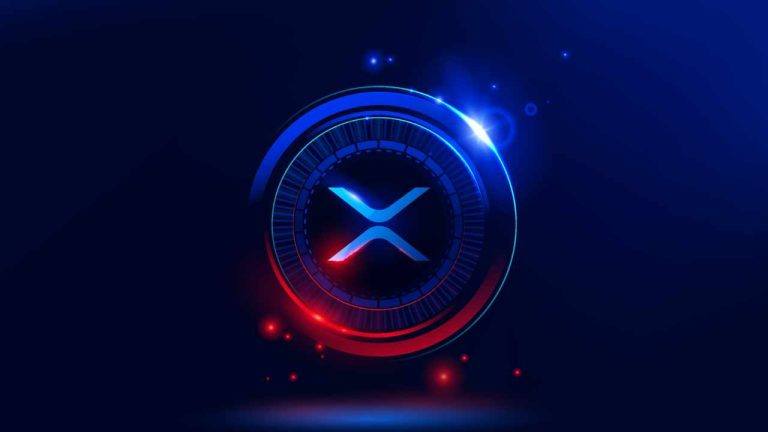


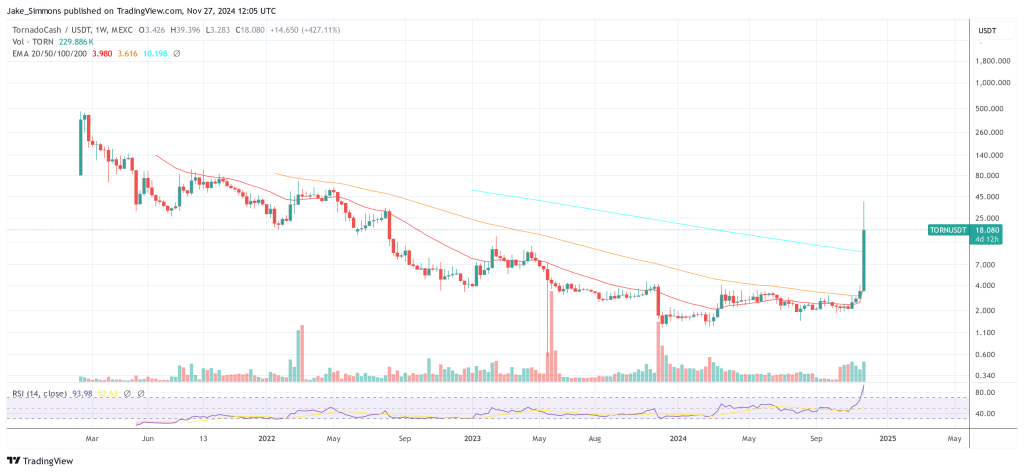




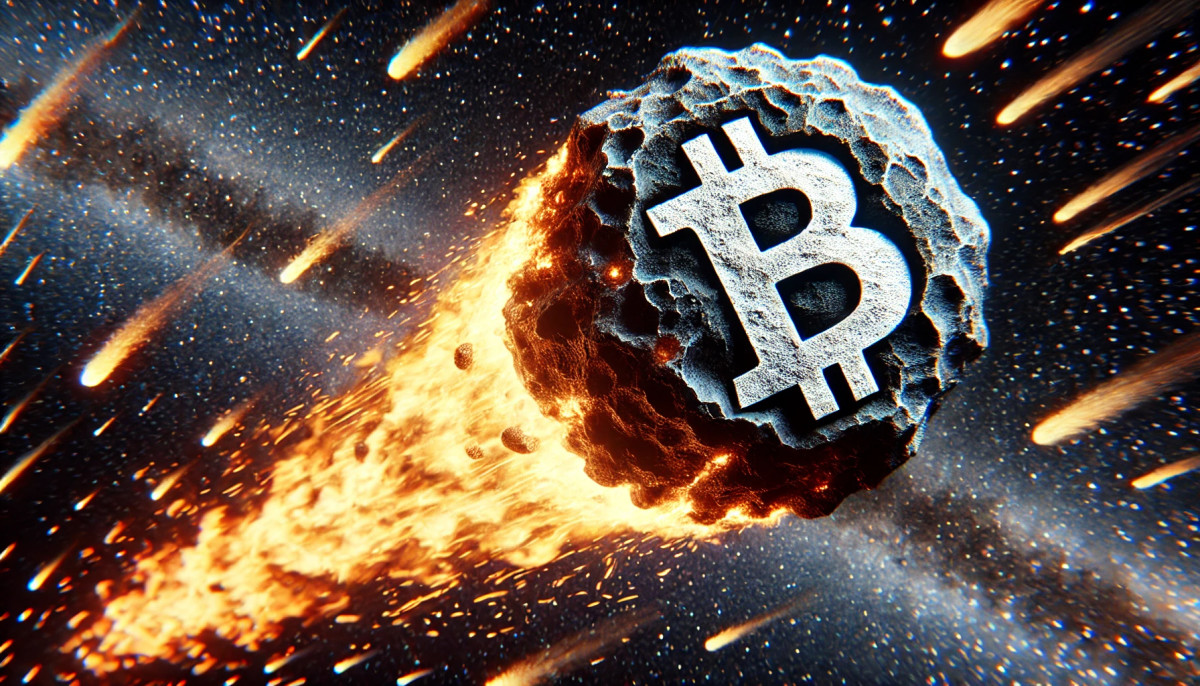
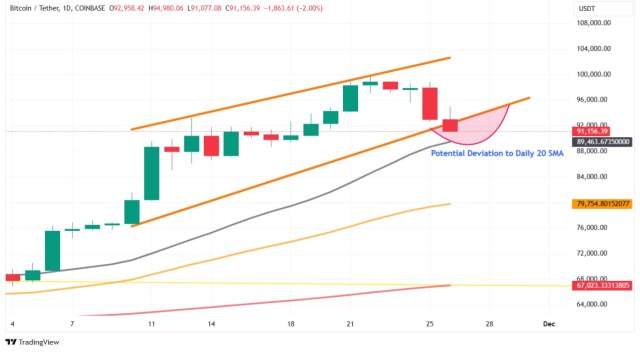
Comments